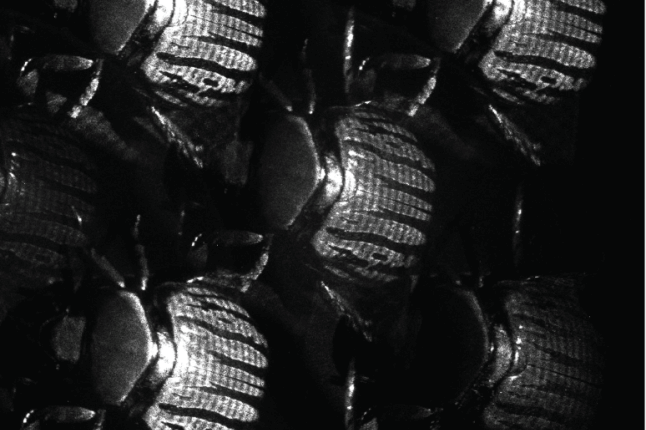News
Lene Hau. (Photo by Justin Ide / Harvard News Office.)
In an episode that ranged from the desperately slow drips of liquid pitch, to the near-instant decisions of high-speed trading, WNYC's Radiolab recently featured Lene V. Hau, Mallinckrodt Professor of Physics and of Applied Physics at Harvard. Prof. Hau is famous for having slowed and stopped light during experiments at the Harvard School of Engineering and Applied Sciences. An excerpt from the Radiolab blog, by Molly Webster, appears below; read the full post or, better yet, listen to the podcast. The segment begins at the 45-minute mark.
We recently got curious about what happens when you make things really really really cold. And we started getting interested in how you can wind up with these supercooled substances, where individual atoms begin to act like one another—as if many, many atoms were just one atom. And then Robert hit the supercooled jackpot: he found a scientist who had created one of these super slow states (the coldest stuff ever in the universe it turns out)… and then used it to slow, and eventually stop, the fastest stuff in the universe: light.
Lene Vestergaard Hau—this physicist who makes Zeus mythology a reality*— blew our minds. Unfortunately, we weren’t able to get out to Massachusetts to see her light-stopping skills in action, but Harvard was nice enough to send along some behind-the-scene shots and video from Lene's lab. The video below (apologies for the warbly sound, but the images are worth it), is a bit of a crash course on Lene's work, and Lene herself seems baffled by what she's done: "This is weird, this is really weird..." The first thirty seconds nicely show you the glow and hum of the lasers in the lab, emitting a warm, orangey-yellow light,evocative of a roomful of candles.
Topics: Applied Physics
Cutting-edge science delivered direct to your inbox.
Join the Harvard SEAS mailing list.
Scientist Profiles
Lene V. Hau
Mallinckrodt Professor of Physics and of Applied Physics




